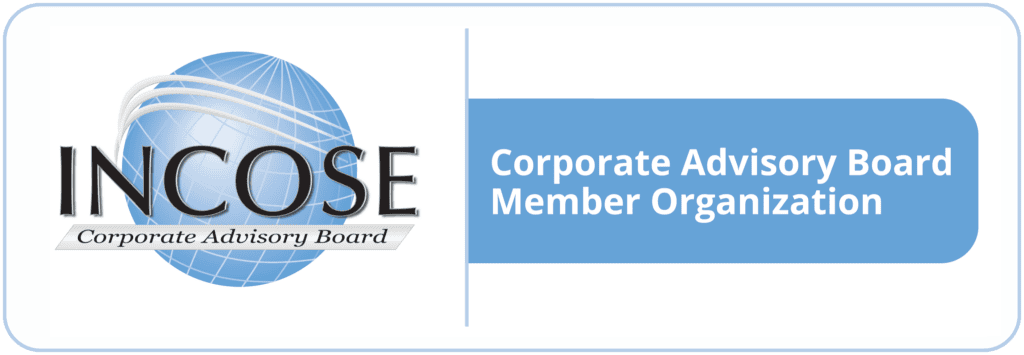Interface Requirements Specification (IRS)
The IRS, whether by that name or by some other name, specifies requirements on a given external interface (e.g. Remote Programming Interface) required of a System of Interest (SoI). These interface requirements have the same status as any other requirements, i.e., they represent characteristics required of any SoI solution for that solution to be acceptable. The requirements are owned by the same owner(s) as for the other system (SoI) requirements.
Interface Design Description (IDD)
Unless an IRS specifies all detail necessary to fabricate the interface (hardware) or code the interface (software), interface design decisions must be made in designing the SoI. The IDD, whether by that name or by some other name, records design decisions on a given external interface (e.g. Remote Programming Interface) taken in designing the System of Interest (SoI). These interface design decisions have the same sort of information content as interface requirements, but at a greater level of detail. The interface design decisions are owned by the designer of the SoI.
Interface Management
Management is needed to ensure that interface requirements are created consistently with respect to the two ends of the interface. Management is needed to ensure that interface design is created consistently with respect to the two ends of the interface. Management is needed to deal with the transformation of the status of interface design to interface requirements (both referring to the same SoI).
Transformation of the Status of Interface Design
Interface design often assumes the status of requirements when the design is baselined, e.g. prior to release into production or purchasing. This is a unique phenomenon, brought about because, once a product is released into production or purchasing, any replacement will need to retain the interface design characteristics of the original (fully or partly), not just satisfy the interface requirements. This is because the thing at the other end of the interface is relying an mutual consistency from the SoI.
Other Names for Interface Documents
The term ICD – Interface Control Document, Interface Control Description, Interface Control Drawing – is common. The term has its origins in the hardware field. Most commonly, an ICD is the information equivalent of an IDD. However, the term is sometimes used synonymously with IRS, and even to embrace the information content of an IRS and an IDD together. Other meanings are also encountered, some not very rational!
Expressing and Organizing Interface Information
The two most common ways of specifying interface information are alphabetically by paramater, and, for data-oriented interfaces, by layer with reference to a level-of-abstraction model such as the OSI 7-Layer Model. In the latter case, individual requirements are framed consistent with the Layer definitions, and then specified by layer, Physical to Application in that order in the case of the OSI 7-Layer Model. Within a layer, control flow sequence is used where applicable, otherwise, alphabetically by paramater.














